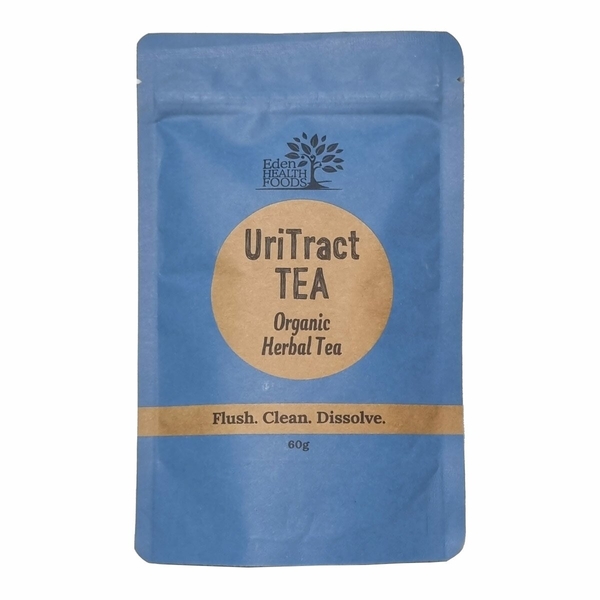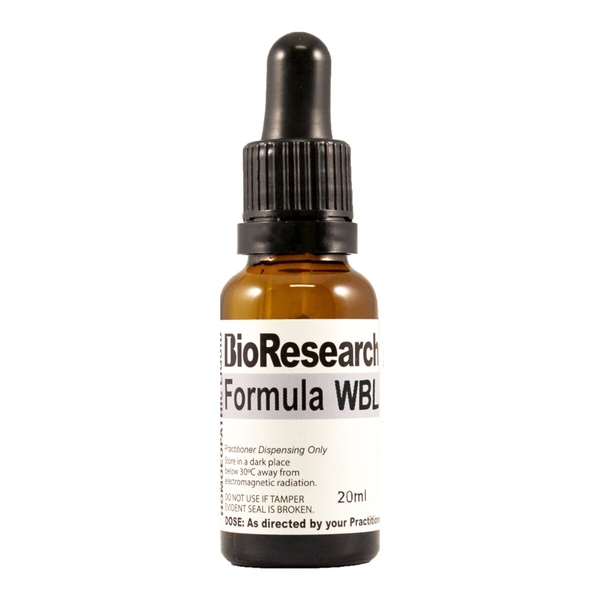
Hydrangea
Scientific names: Hydrangea arborescens, Viburnum alnifolium, Viburnum americanum
Family: Hydrangeaceae
Alternative names: Hortensia, Hortensia en Arbre, Hortensia de Virginie, Hortension Arborescent, Mountain Hydrangea, Seven Bark, Sevenbark, Smooth Hydrangea, Tree Hydrangea, Wild Hydrangea
Actions: Anti-allergic, Antidiabetic, Antifungal, Antimalarial, Free fatty acid metabolism, Hair elongation
Background
Hydrangea is a shrub. It grows in eastern and north-central parts of the United States. The root and underground stem (rhizome) are used to make medicine.
People use hydrangea for bladder infections, prostate infections, enlarged prostate, kidney stones, and other conditions, but there is no good scientific evidence to support these uses. Hydrangea might also be unsafe when used in large amounts.
People use hydrangea for bladder infections, prostate infections, enlarged prostate, kidney stones, and other conditions, but there is no good scientific evidence to support these uses. Hydrangea might also be unsafe when used in large amounts.
Safety Safety definitions
When taken by mouth: Hydrangea is POSSIBLY UNSAFE when taken by mouth in large amounts. Doses of more than 2 grams of dried hydrangea root might cause dizziness and feelings of tightness in the chest. There isn't enough reliable information to know if hydrangea root is safe in lower doses. It might irritate the stomach and intestines.
Special Precautions & Warnings:
Pregnancy and breast-feeding: There isn't enough reliable information to know if hydrangea is safe to use when pregnant or breast-feeding. Stay on the safe side and avoid use.Effectiveness
NatMed Pro rates effectiveness based on scientific evidence according to the following scale: Effective, Likely Effective, Possibly Effective, Possibly Ineffective, Likely Ineffective, Ineffective, and Insufficient Evidence to Rate.
Insufficient evidence Effectiveness definitions
- Enlarged prostate.
- Prostate infections.
- Bladder infections.
- Urethral infections.
- Kidney stones.
- Hay fever.
- Other conditions.
Dosing & administration
The appropriate dose of hydrangea depends on several factors such as the user's age, health, and several other conditions. At this time there is not enough scientific information to determine an appropriate range of doses for hydrangea. Keep in mind that natural products are not always necessarily safe and dosages can be important. Be sure to follow relevant directions on product labels and consult your pharmacist or physician or other healthcare professional before using.
Interactions with pharmaceuticals
Lithium
Interaction Rating=Moderate Be cautious with this combination.
Hydrangea might have an effect like a water pill or "diuretic." Taking hydrangea might decrease how well the body gets rid of lithium. This could increase how much lithium is in the body and result in serious side effects. Talk with your healthcare provider before using this product if you are taking lithium. Your lithium dose might need to be changed.
Interactions with herbs & supplements
There are no known interactions with herbs and supplements.
Interactions with foods
There are no known interactions with foods.
Action
The chemicals in hydrangea may cause increased urine output, which could help some urinary tract problems.
Products
View all productsPer tablespoon:
- Hydrangea arborescens (Hydrangea) (root)
- Juniperus communis (berry)
- Arctostaphylos uva-ursi
- Zea mays
- Taraxacum officinale (leaf)
- Equisetum arvense
- Eupatorium purpureum
- Petroselinum crispum (root)
- Petroselinum crispum (leaf)
- Solidago virgaurea (flower)
- Mentha x piperita (leaf)
- Althaea officinalis (root)
- Arctium lappa (root)
- Echinacea purpurea (root)
- Orange peel
- Echinacea angustifolia (root)
- Coriandrum sativum
RRP: $29.95$28.45Save: 5%
Create account
Discontinued by BioResearch
Practitioner product
vital.ly has licensed monographs from TRC Healthcare.
This monograph was last reviewed on 18/11/2024 11:00:00 and last updated on 12/12/2014 22:02:10. Monographs are reviewed and/or updated multiple times per month and at least once per year.
Natural Medicines disclaims any responsibility related to medical consequences of using any medical product. Effort is made to ensure that the information contained in this monograph is accurate at the time it was published. Consumers and medical professionals who consult this monograph are cautioned that any medical or product related decision is the sole responsibility of the consumer and/or the health care professional. A legal License Agreement sets limitations on downloading, storing, or printing content from this Database. No reproduction of this monograph or any content from this Database is permitted without written permission from the publisher. It is unlawful to download, store, or distribute content from this site.




